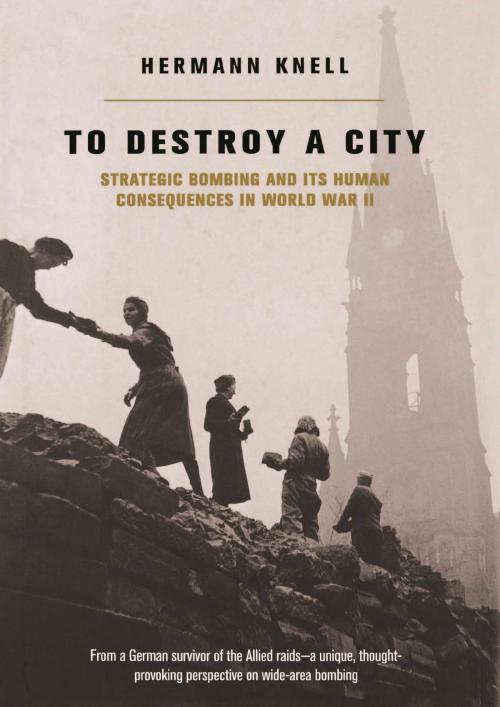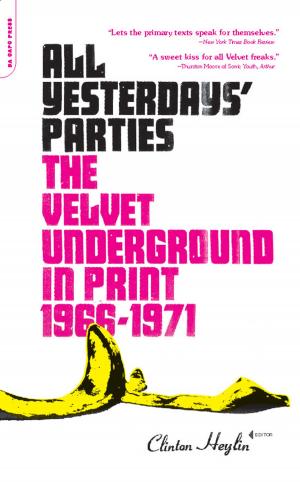To Destroy A City
Strategic Bombing And Its Human Consequences In World War 2
Nonfiction, History, World History| Author: | Herman Knell | ISBN: | 9780786748495 |
| Publisher: | Hachette Books | Publication: | June 16, 2009 |
| Imprint: | Da Capo Press | Language: | English |
| Author: | Herman Knell |
| ISBN: | 9780786748495 |
| Publisher: | Hachette Books |
| Publication: | June 16, 2009 |
| Imprint: | Da Capo Press |
| Language: | English |
Herman Knell was nineteen and living in Würtzburg in March of 1945 when hundreds of Allied planes arrived overhead, unleashing a torrent of bombs on the city. Würtzburg's tightly packed medieval housing exploded in a firestorm, killing six thousand people in one night and destroying 92 percent of the city's structures. Despite the fact that Würtzburg had no strategic value, the city emerged from World War II second only to Dresden in material destruction inflicted from the air. The experience led Knell to years of research on the history, development, and effects of the strategy of area bombing.To Destroy a City is the result of the author's long and unrelenting investigation. His analysis of this form of warfare, which reached its zenith during World War II, covers the history and the development of wide-area bombing since 1914, examines its wartime effectiveness and the consequences. But the extra dimension that Knell's book offers is his firsthand experience of the tension, fear, tentative defiance, and, finally, utter catastrophe of being on the receiving end of overwhelming air power. For Americans, who fortunately did not experience bombing during the war, this is essential reading.
Herman Knell was nineteen and living in Würtzburg in March of 1945 when hundreds of Allied planes arrived overhead, unleashing a torrent of bombs on the city. Würtzburg's tightly packed medieval housing exploded in a firestorm, killing six thousand people in one night and destroying 92 percent of the city's structures. Despite the fact that Würtzburg had no strategic value, the city emerged from World War II second only to Dresden in material destruction inflicted from the air. The experience led Knell to years of research on the history, development, and effects of the strategy of area bombing.To Destroy a City is the result of the author's long and unrelenting investigation. His analysis of this form of warfare, which reached its zenith during World War II, covers the history and the development of wide-area bombing since 1914, examines its wartime effectiveness and the consequences. But the extra dimension that Knell's book offers is his firsthand experience of the tension, fear, tentative defiance, and, finally, utter catastrophe of being on the receiving end of overwhelming air power. For Americans, who fortunately did not experience bombing during the war, this is essential reading.















